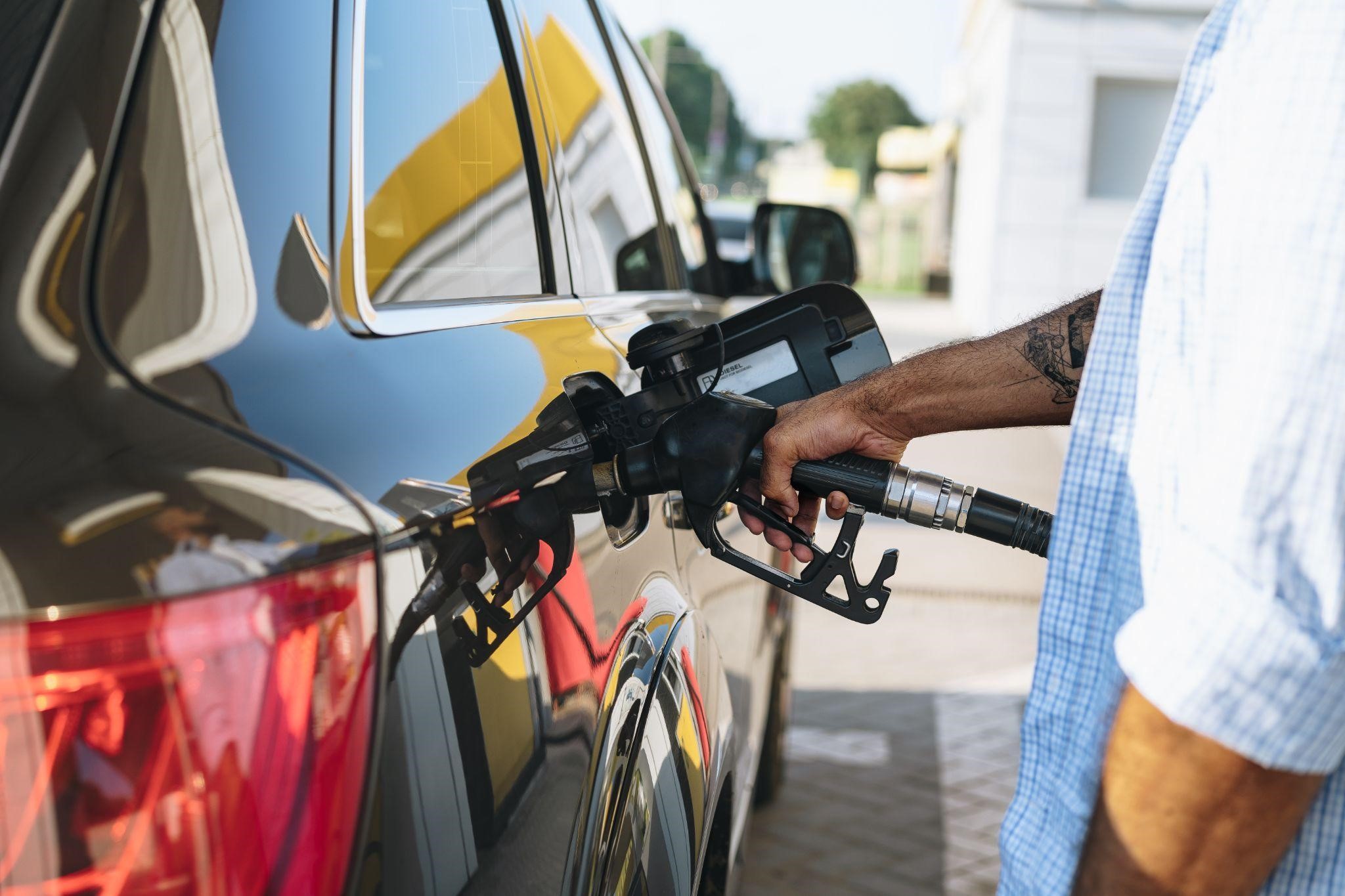Understanding your vehicle's fuel consumption

Is your car fuel-efficient? Or is it guzzling gas? In a time of soaring fuel prices, your car’s fuel efficiency is a pressing concern—every drop of gas counts.
And even if gas prices were in a healthy range, you must still ask these questions. Cars get old and issues with components lead to inefficient fuel consumption. It’s also one of the things that new car buyers look at.
Is the advertised fuel consumption accurate?
Some manufacturers highlight the fuel consumption of a vehicle as its main selling point. It’s one of the deciding factors for many car buyers after all.
However, take note that fuel economy ratings are based on laboratory settings. These cars are all tested in a lab or a facility different from the possible setting you will drive your car in i.e., no stop lights and traffic. So the reality is that when taken on actual drives, cars always consume more than the plastered mpg rating on the poster.
What car manufacturers advertise as the vehicle's consumption rating is often the best figure they had during testing. If a car manufacturer claims 34 mpg for a sedan, then34 mpg can be achieved in the best-case scenario for driving, possibly on a flat road at a slow and steady pace.
What affects your vehicle's fuel consumption?
The simple answer is everything. From engine to pace and weight of the load–it all affects how much fuel your car burns.
Engine size
A bigger engine produces more power, and in order to do this, it needs to burn more fuel than a smaller engine.
Vehicle size and weight
It is related to the engine size, the bigger the car, the more power it needs to use to move. The load you carry in your car will also directly affect fuel consumption since it takes more energy to move heavier objects.
If you are looking to buy a car that you will only use for your daily drive to work, a full-size SUV may not be necessary. Sedans have smaller engines and bodies, and it follows that they consume less gas.
Car accessories and other add-ons put extra weight, so be mindful of them.
Car condition
Keeping your car in shape is key to keeping its fuel consumption efficiency. The fuel system must be clean and moving parts must be in top shape to ensure that no energy is wasted on inefficiently working parts.
Aerodynamics
It takes so much energy for a vehicle to move against the wind. Well-designed aerodynamic cars experience less wind resistance. As a result, there is less friction that requires less power to overcome.
Tire pressure
The additional friction caused by misaligned or worn-out tires affects your car’s momentum and fuel efficiency.
Driving styles
Excessive braking, speeding, and a lot of other bad driving habits affect how much fuel your car uses up. Be a safe and gentle driver, and you will save on gas.
A lot goes into maintaining a healthy mileage, and knowing these things from the get-go will help you save not only on gas but also on expenses on surprise visits to your mechanic. However, never forget to add routine maintenance checks to your responsibilities as a driver as a general money-saving rule.